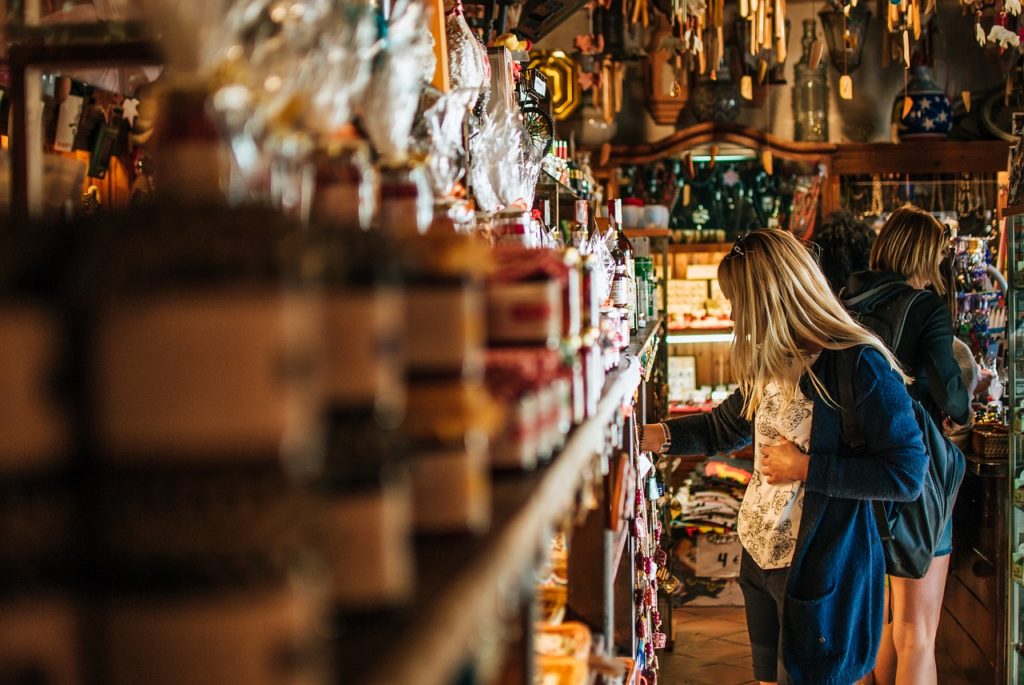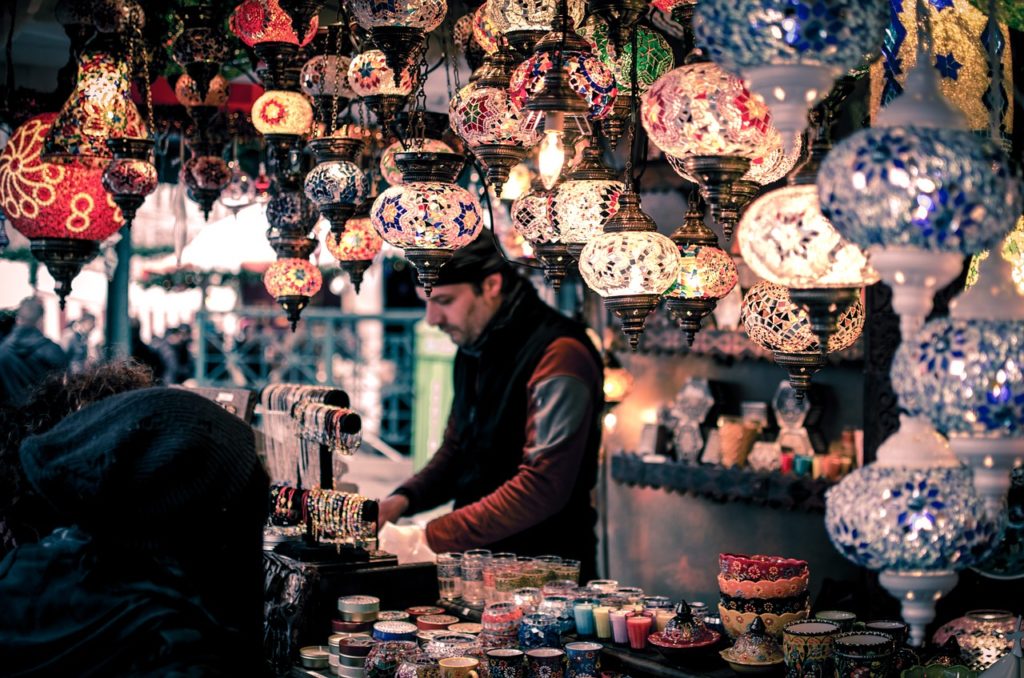3 tips for sustainable souvenir shopping

The right keepsake from your vacation can help truly commemorate an amazing trip. If you are making efforts to travel sustainably, though, making conscious choices when souvenir shopping is part of that.
“As one of the biggest industries in the world, travelers have great power to do great harm or great good with their purchasing decisions,” said Eytan Elterman, co-founder of Lokal Travel, Inc. “It’s important for travelers to understand their impacts while on the road and how to mitigate them.”
Here are some tips for purchasing souvenirs in a more sustainable way that benefits the area you are visiting during your trip.
Support the local economy
Whether you are shopping, dining or sleeping, buy local and spend money in the community that you are visiting instead of at larger corporate chains.
“Go local as much as you possibly can,” said Kim McCabe, U.S. public relations manager for G Adventures, Inc.. “If you go out to dinner, try to find a local restaurant. Instead of buying from the airport, buy [souvenirs] from local markets.”
When buying souvenirs locally, opt for artisan goods instead of tourist trinkets.
“Trinkets like a magnet or keychain that are available in multiple places are not usually made in the place,” said said Caitie Goddard, co-founder of GOOD Travel.
If you are unsure where to shop, asking the employees at your hotel is a good place to start. Goddard said to be clear not only about what kind of goods you are looking for, but also that you want them to be locally-made.
“Asking can really be helpful, but be clear about what you’re asking for,” Goddard said.
Bargain consciously when souvenir shopping
In certain parts of Asia, South America and North Africa, bargaining is part of the shopping process in local markets. Enjoy the experience, but do not exploit the opportunity.
“When you’re bargaining, I would not be proud if you get the cheapest price,” Goddard said. “It’s more about valuing the offer of the individual and the labor. Be satisfied with paying a little more. It often means little to you and it’s a huge deal for the artisan.”

Watch out for certain souvenirs
Even if you are buying from local artisans, avoid certain animal products like ivory or rare pelts. Purchasing these wares fuels their demand and can lead to unfettered exploitation of wildlife.
“Make sure that what you are buying doesn’t come from an endangered animal or plant,” Elterman said. “Educate yourself on what endangered animals might be used to make souvenirs in the region you are going to.”
The World Wildlife Foundation’s Buyer Beware guide, which outlines some of the commonly trafficking products and how to avoid them, is a good place to start.
Navigating the complex market of souvenirs can be challenging, especially in popular tourist destinations that are brimming with charming trinkets. By following these souvenir shopping tips, you can feel good about your keepsakes and the memories they represent.
